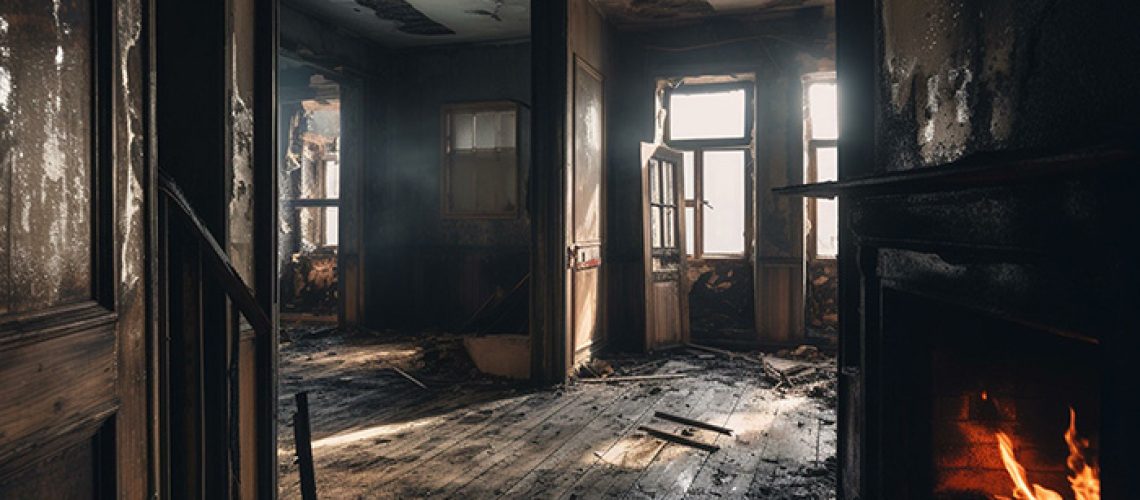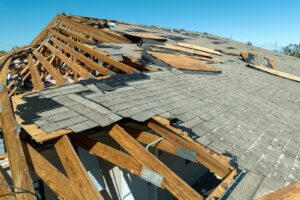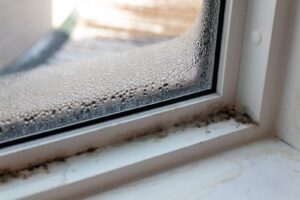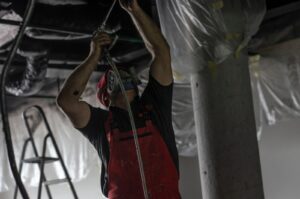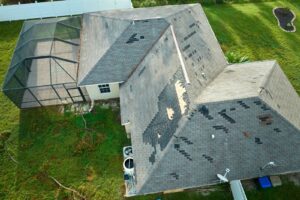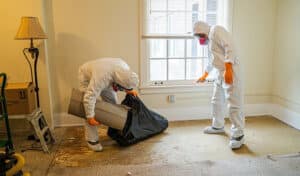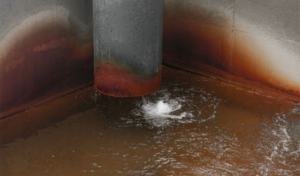While we all do our part to prevent house fires, sometimes they happen despite our best efforts. Experiencing a house fire is an overwhelming and devastating event. Once the flames have been extinguished and the immediate danger has passed, the daunting task of assessing the damage and deciding what can be salvaged begins.
While some items may hold sentimental value or possess the potential for restoration, others may need to be discarded for safety and health reasons.
In this blog, we will explore what can be saved and what should be tossed after a house fire, providing a helpful guide to navigating the challenging post-fire recovery process.
3 Things To Save:
1. Important Documents:
Saving essential documents like passports, birth certificates, legal documents, and insurance papers is crucial for several reasons:
- Proof of Identity: Documents like passports and birth certificates serve as proof of identity and citizenship. They are essential for various purposes, such as applying for government benefits, getting a job, or obtaining a driver’s license.
- Legal and Financial Matters: Legal documents, including wills, contracts, and property deeds, are crucial for handling legal and financial matters. Losing these documents can lead to significant challenges and delays in resolving important issues.
- Insurance Claims: Insurance papers are essential for filing claims after a fire. These documents provide evidence of coverage and help facilitate the reimbursement process for damaged property and belongings.
2. Valuables and Sentimental Items:
After a house fire, it is important to prioritize the salvage of valuables and sentimental items.
- Family Photos and Videos: Photographs, albums, and home videos capture treasured memories. These sentimental items are irreplaceable and hold significant emotional value. Consider digitizing or making copies of these items to ensure their preservation.
- Personal Belongings: Items with sentimental value, such as jewelry, heirlooms, and special mementos, should be salvaged if possible. These items carry personal significance and can provide comfort during the recovery process.
- Electronics and Digital Data: Electronics like laptops, tablets, and external hard drives may contain important files, such as personal documents, photos, and digital memories. If these devices are salvageable, it is advisable to recover them and seek professional assistance to retrieve the data if necessary.
- Artwork and Collectibles: Valuable artwork, collectibles, and antiques should be assessed for damage and saved if feasible. These items hold monetary and sentimental value, and restoration experts may be able to help preserve and repair them.
It’s important to note that personal safety should always be the top priority during and after a fire. Only attempt to salvage items if it is safe to do so and after receiving clearance from the appropriate authorities.
Never rush back into your house to save something valuable if you don’t know if your home is structurally safe. As valuable as something might be, you are worth more!
Remember to consult with professionals in fire damage restoration for guidance on salvaging and restoring items, as they possess the expertise and equipment to handle delicate and fire-damaged items appropriately.
3. Furniture and Appliances:
Saving furniture and appliances after a house fire can have several significant benefits.
- Cost Savings: Furniture and appliances can be expensive to replace. By salvaging and restoring these items, you can potentially avoid the financial burden of purchasing new ones.
Professional cleaning and restoration services may be able to remove smoke, soot, and other contaminants, allowing you to reuse furniture and appliances. - Functional Value: Furniture and appliances serve essential functions in our daily lives. Salvaging and restoring these items can help you quickly reestablish a functional living space and minimize disruption to your daily routines. This is important for essential appliances like refrigerators, stoves, and washers/dryers.
- Sentimental Value: Furniture and appliances often hold sentimental value, especially if they have been in the family for a long time or have sentimental attachments. Restoring these items can help preserve the emotional connection and associated memories.
- Environmental Impact: By salvaging and restoring furniture and appliances, you can contribute to reducing waste and the environmental impact of disposal. Discarding damaged items unnecessarily adds to landfill waste. Restoring and reusing these items aligns with sustainable practices and helps promote a more environmentally friendly approach.
It is important to note that not all furniture and appliances can be salvaged after a fire, especially if they have suffered severe damage.
The extent of the fire and smoke damage, as well as water damage from firefighting efforts, will influence the salvageability of these items. Consulting with professional restoration services can help determine which items are worth saving and the appropriate steps for restoration.
Remember, before attempting any salvage or restoration, prioritize safety and consult with professionals with expertise and experience in fire damage restoration.

3 Things To Toss:
1. Perishable Food and Medications:
After a house fire, throwing out perishable food and medication is advisable. The reasons for discarding these items include:
- Contamination: Perishable food and medication can easily become contaminated by smoke, soot, or chemicals present during a fire. Ingesting or using contaminated food or medicine can pose serious health risks.
- Temperature and Power Loss: During a fire, the power supply to refrigerators and freezers can be disrupted, causing a loss of temperature control. If perishable food has been exposed to room temperature for an extended period, it may have reached unsafe temperatures for consumption. Similarly, medications that require refrigeration may no longer be effective if stored at improper temperatures during or after a fire.
- Presence of Toxins: Fire can release toxic substances into the air, such as chemicals from burned materials. These toxic substances can settle on perishable food and medication, making them unsafe for consumption or use.
To ensure the safety of individuals, it is recommended to throw away perishable food that has been exposed to potential contamination during a fire. Medications should also be discarded if contamination or exposure to improper storage temperatures is possible.
2. Burned or Charred Items:
After a house fire, it is important to discard burned or charred items for several reasons:
- Health Hazards: Burned or charred items can release harmful particles, fumes, and toxins into the air. These particles can pose serious health risks when inhaled or come into contact with your skin. Discarding these items helps to eliminate the potential health hazards associated with exposure to burnt materials.
- Structural Damage: Burned items may have undergone structural damage, compromising their stability and integrity. If kept or used, they may be weakened or structurally unsound, posing a safety risk. Tossing burned or charred items helps ensure the safety of individuals by removing potential hazards.
- Unsalvageable Condition: Burned or charred items usually suffer irreversible damage that cannot be effectively cleaned, repaired, or restored. The fire’s intense heat can cause structural changes and alter the physical properties of materials, rendering them unsalvageable. Discarding these items is necessary to maintain a safe and functional living environment.
- Smoke and Soot Contamination: Burned items often become heavily contaminated by smoke and soot, which can penetrate porous materials and leave behind harmful residues.
Smoke and soot can contain toxic substances that are harmful to human health. Disposing of burned items helps prevent the spread of these contaminants and avoids the risk of reintroducing them into your living space.
3. Smoke-Damaged Electronics:
Electronics that have been smoke-damaged during a house fire should be discarded for the following reasons:
- Overheating and Failure: Smoke can introduce corrosive particles and chemicals into electronic devices, leading to overheating and potential failure. The corrosive nature of smoke residues can damage the delicate components and circuitry of electronics, increasing the risk of malfunction or complete system failure.
- Invisible Damage: Smoke damage is not always immediately visible on the surface of electronics. Smoke residue can penetrate deep into the internal components, corroding metal contacts, and causing electrical shorts. Even if the device appears to function initially, the hidden damage can manifest later, resulting in unexpected failures or safety hazards.
- Difficulty in Restoration: Restoring smoke-damaged electronics requires specialized knowledge and equipment. Cleaning smoke residue from internal components can be challenging and may require disassembly, further compromising the device. Professionals in electronics restoration might have the expertise to salvage certain items, but replacing smoke-damaged electronics is generally more practical and safer.
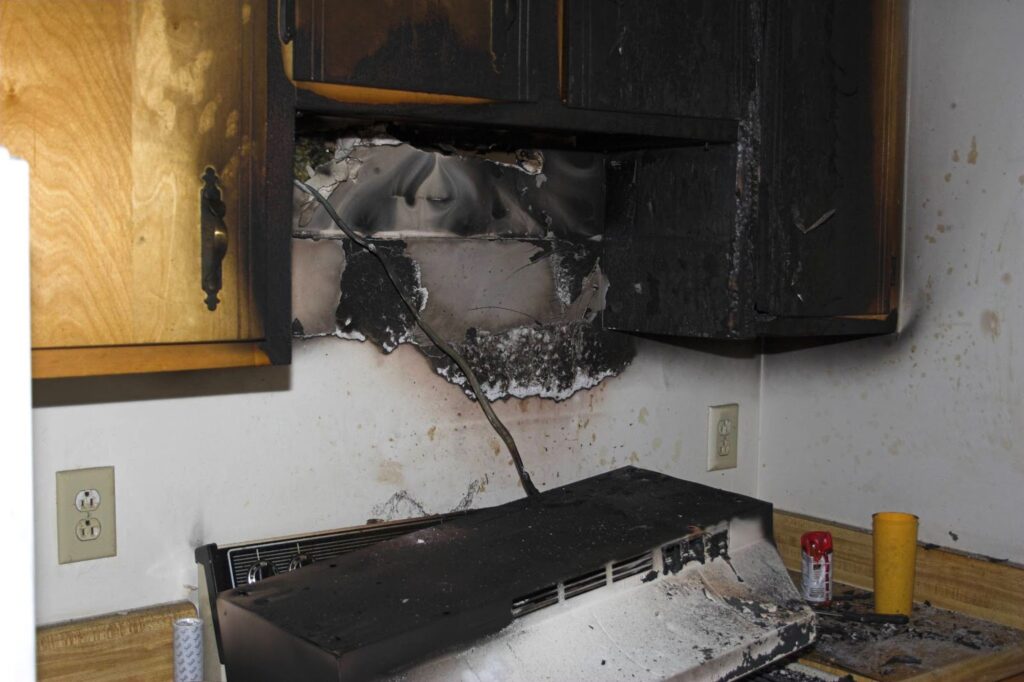
Call Restoremasters for Expert Fire Damage Restoration Service
Recovering from a house fire requires professional expertise to ensure a thorough and safe restoration process. Now you know what to keep and what to toss, but the rest of the process can easily feel overwhelming. That’s why we’re here.
At Restoremasters, we specialize in fire damage restoration and help restore your home to its pre-fire condition. Our team of experienced professionals is equipped with the knowledge, skills, and advanced techniques to handle the complexities of fire damage restoration.
Don’t delay in taking the necessary steps to recover and rebuild. Contact Restoremasters today for prompt and reliable fire damage restoration services. Let us assist you in returning your home to a safe and welcoming environment.
Call us at 801.948.2478 or fill out the form on our website for more information!

